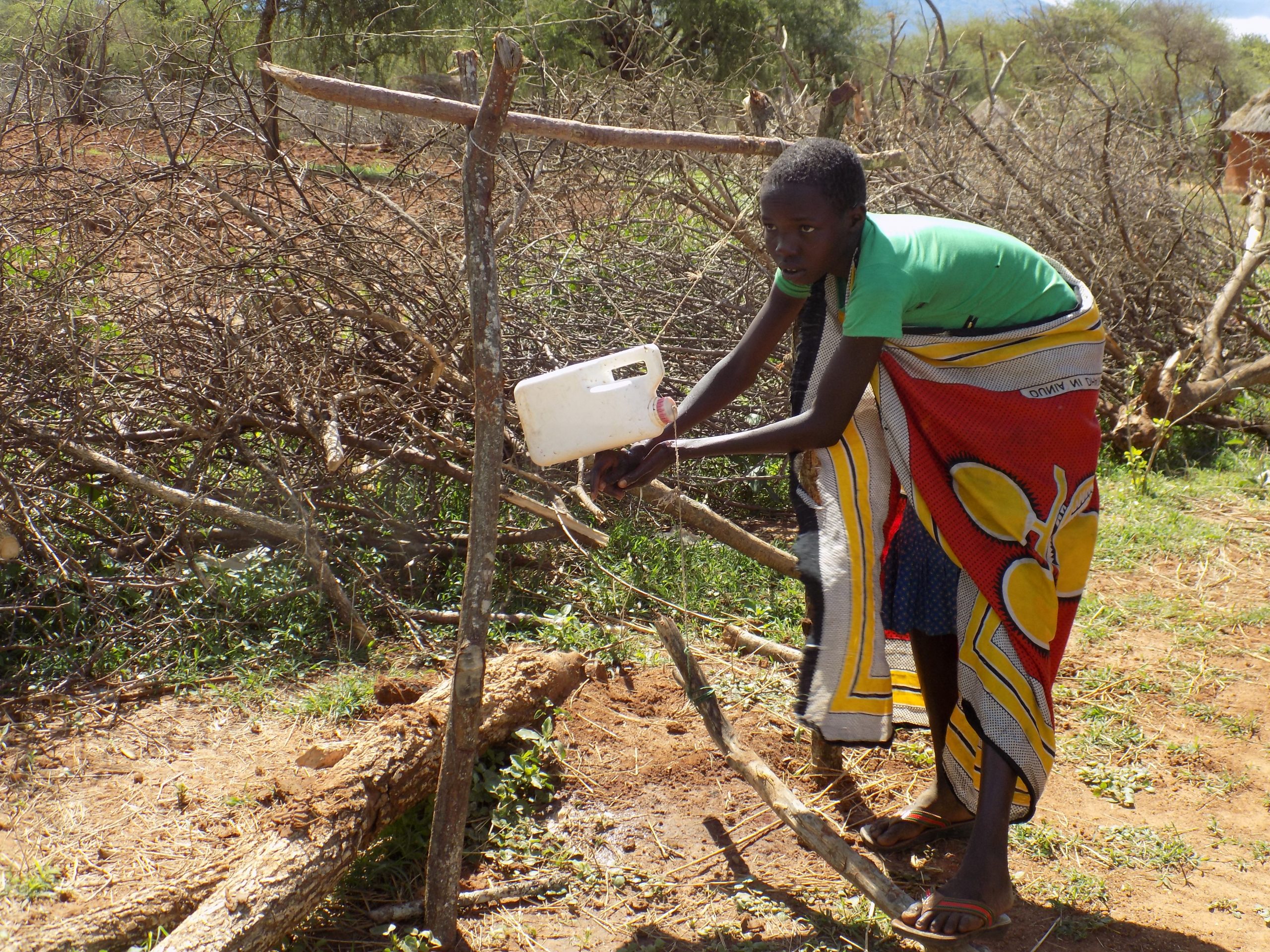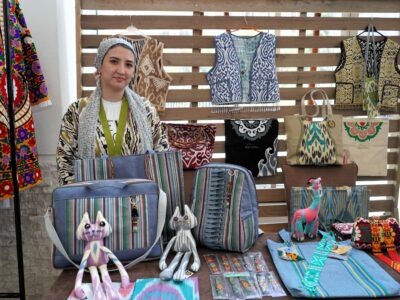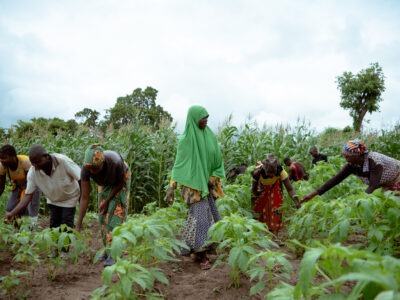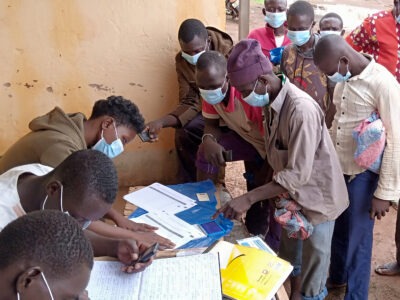
In May, Uganda’s Ministry of Water and Environment declared three villages in the Karamoja region of northeastern Uganda open-defecation free. Before, the practice of defecating close to living spaces and without latrines left people in the villages exposed to the spread of water- and sanitation-related diseases, especially childhood diarrhea.
Now the villages of Kalawani and Namodo in Amudat District and Loojor in Nakapiripirit District join four other villages that achieved open-defecation free status thanks to the USAID-funded Resilience through Wealth, Agriculture, and Nutrition (RWANU) project.
This five-year project, implemented by ACDI/VOCA in partnership with Concern Worldwide and Welthungerhilfe, provides training to promote positive health-seeking behaviors. Since 2015, RWANU has introduced programs and activities in northern Ugandan villages that encourage residents to take actions to improve sanitation and seek open-defecation free status.
The RWANU project shared best practices in water, sanitation, and hygiene (WASH) with the three villages through a process called Community Led Total Sanitation Plus (CLTS+). This participatory approach has proven to be most suitable in regions like Karamoja where resources and technical skills are scarce.
Each village’s health management committee received supplies like spades, hoes, nylon strings, and metallic pails. RWANU staff then provided training on how to use the materials to construct latrines.
Behavior change played an important role in the shift to using latrines. Community members, such as the project’s lead mothers and male change agents, provided additional support to help communities ease into changing such an integral part of life. Government officials, community elders, and others also shared their knowledge and experience with communities striving to attain open-defecation free status.
Thanks to RWANU’s assistance, multiple households now share access to 3,473 latrines. Since 2016, the seven villages declared open-defecation free have constructed 192 latrines, bringing improved health and wellbeing to their communities.
More about Resiliency through Wealth, Agriculture, and Nutrition (RWANU).








